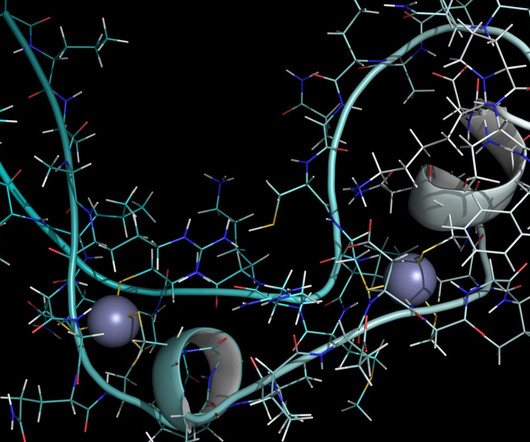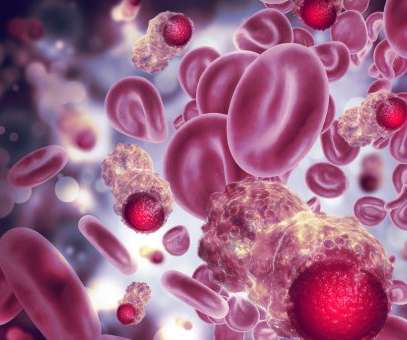Human genome editing requires difficult conversations between science and society
Scienmag
APRIL 26, 2021
. — In October of 2020, Jennifer Doudna and Emmanuelle Charpentier were awarded the Nobel Prize in chemistry for their discovery of an adaptable, easy way to edit genomes, known as CRISPR, which has transformed the world of genetic engineering.




















Let's personalize your content